Cy Tokmakjian – Imprisoned in Cuba. No Charges. No Justice.
On Sept. 10, 2011, Cy Tokmakjian was in Havana, about to hop into his car. He had a quick chat with his son Raffi, who had arrived in Cuba a week earlier with a delegation of young company presidents to encourage them to invest in the island, which appeared to be opening up for foreign businesses.
While Raffi was talking up Cuba’s virtues, the Tokmakjians’ import/export company, the Tokmakjian Group, was being audited by the country’s Communist regime.
“My father said: ‘They’re doing an audit, it shouldn’t be a problem. It should be over in a couple of days. I’m driving myself to the investigators to try and get this done.’”
That was the last time Cy spoke to his son as a free man. “This is a tricky situation,” says Raffi. Cy, 74, the Tokmakjian Group’s founder and owner, has been a prisoner in Cuba since that day, imprisoned without charges and then accused of bribery and “economic crimes” that the family and many others insist are false and which appear to be part of a political struggle.
Headquartered in Vaughan, Ont., the Tokmakjian Group is a transportation and import company that has done business in Cuba for two decades. It was the largest private business in Cuba. As the exclusive distributor for Hyundai product, it had approximately $80 million in total annual revenues.
“Obviously, it’s a struggle for us,” Raffi says. “Our father, the grandfather of our kids, has been gone for three years. We’ve had illnesses in the family that we’ve kept hidden from him, so as not to upset him. We’ve gone through everything that comes with having a family member locked up.”
Cy was on good terms with Fidel Castro, who was Cuba’s president from 1959 to 2008. Things went sour for the Tokmakjian Group — and other Canadian and international businesses — when Raúl Castro, Fidel’s brother, became president.
The Raúlistas profess to be open to foreign investment and new business. They have been easing relations with long-time enemy the United States and passing a package of tax cuts, tax breaks and investment security guarantees in the Cuban National Assembly this year. Symbolically, at Nelson Mandela’s funeral in December 2013, Raúl Castro shook hands with American President Barack Obama, though their two countries have not had diplomatic relations since January 1961.
Yet Cy was held for nearly two and a half years before even being charged, and his top managers, fellow Canadians Claudio Vetere and Marco Puche, were also arrested.
“I’ll just tell you that he has been thrown in prison for a large part of his stay there,” says Raffi, his 37-year-old son and now president of the Tokmakjian Group. “That’s what happens to convicted criminals [not people who face charges and await trial]. He was in a cell with 48 other people.”
Cy has spent much of his time languishing in La Condesa, a prison for foreigners in the middle of a sugar cane plantation. “It’s better than an ordinary prison, but it’s still jail and it’s dangerous,” says Lee Hacker, spokesperson for the family and vice-president of finance of Tokmakjian Ltd.
La Condesa may be better than a domestic jail in Cuba, but that’s not saying much, explains Raffi. “There are four small complexes there,” he says, estimating the inside of each 48-prisoner building to be about 20 feet by 80 feet.
Going by his memory of a drawing shown to him by a former prisoner, Raffi says, “There are two rows of 12 bunk beds, separated by a walkway. There’s a substandard-level kitchen facility, and they share doorless toilets.” The prisoners have a common dirt field for exercise. “Apparently the mosquitoes, flies and other insects are horrendous, and in the summer months the heat is overwhelming — they don’t put in any air conditioning,” Raffi says.
The prisoners in La Condesa are all foreigners, but that’s small comfort, he adds. “There are other Canadians, South Americans, Europeans.” Some are business people accused of “economic crimes” like his father, but others range from “drug smugglers, contract killers to pedophiles.” It’s not pleasant.
“He’s in a military hospital right now,” Hacker adds. “He had some health issues; he was bitten by a scorpion at one point. But he sounds OK when I speak with him on the phone.”
If Cy is indeed “OK,” it speaks to his resilience and determination to weather an ordeal that has already cost him years of freedom and could cost more, including the fortune he and his company built doing business with Cuba since 1996.
His family and friends hope that, even if he is convicted this summer, he will be expelled, free to go to Canada. Then the Tokmakjian Group can pursue recovery of the millions seized by the Cubans in court.
While waiting for an outcome from the Cuban justice system, the Tokmakjian Group has launched its own proceedings in the Ontario Superior Court and in the Barbados, where it also does business, as well as at the International Chamber of Commerce in Paris, seeking more than $250 million from the Cubans in restitution and damages.
“Cy is a very personable man and he gets along with people very well. He had no reason to see why he would be targeted,” Hacker says. “We’ve been very upfront. We tell them [the Cubans]: we’re taking you to international court and you’re going to lose. But it’s like talking to a ghost.”
After waiting since 2011 to find out what they might face from the Cuban justice system, Cy and his co-managers were put on trial from June 9 to 21. A verdict is expected any day.
The Cubans have already seized more than $91 million in personal and company assets. If convicted, Cy could be sentenced to up to 15 years in prison, and his managers for up to eight to 12 years. As well, 10 Cuban officials of the company face imprisonment.
Cuba’s Communist Party daily, Granma, said that Cy and the others accused “were afforded all rights associated with their defence, and their lawyers presented evidence and arguments which they considered necessary.”
Nonsense, says Hacker.
“We use the word ‘infirmities.’ The process is really embarrassing,” he says. “You have Cuban lawyers that represent you. They’re generally pretty good, but you know they can’t do everything they might want to do.” The Cuban defence lawyers were restricted in the evidence they could call that might exonerate Cy and the other defendants, Hacker says.
“The charges were trumped up and the trial was a farce,” says Peter Kent, Member of Parliament for Thornhill, the Tokmakjians’ home, and a former minister of state for foreign affairs (Americas).
“It’s a warning that any investor today is at risk of running into the same, unacceptable fate as Cy Tokmakjian,” says the Conservative MP, who has followed the case closely, visited Tokmakjian in Cuba and offered his support. The Canadian government, which maintains diplomatic relations with Cuba, has also been supportive, and both the current and former Canadian ambassadors to Cuba attended the 12-day trial.
Nevertheless, Raffi (who was advised by the Canadian government not to attend because of security concerns), says the outcome seems preordained: “What I can say is that we expect them to find him guilty. Not because he’s guilty but because that’s the way they do things down there.”
It’s hard for outsiders to understand why the Cubans, who are desperate for investment and economic growth, would send a shivering signal to investors around the world by arresting and trying someone like Cy Tokmakjian.
He is by no means the first foreign businessman to suffer such a fate in Cuba. In February, another Canadian businessman, Sarkis Yacoubian, was suddenly expelled from Cuba where he had first been held without charges like Cy and then sentenced to nine years at La Condesa.
Yacoubian, who operated a $30-million transport company called Tri-Star Caribbean, was arrested in July 2011, two months before Cy, yet was only charged in April 2013, accused of bribery, tax evasion and “activities damaging to the economy.”
Yacoubian was convicted and sentenced even though he agreed to cooperate with Cuban authorities. French national Jean-Louis Autret and British businessman Stephen Purvis were also jailed, and later freed, with their assets being seized by the Cuban interior ministry.
“Their stories, like Cy’s, have created a climate of uncertainty and concern among foreign companies that remain invested in Cuba,” says Kent. Last year, Purvis, who was freed after 15 months in jail, wrote to the British magazine The Economist saying that he met other foreigners in Cuba who faced charges of “sabotage, damage to the economy, tax avoidance and illegal economic activity.”
The widespread crackdown seems to have cast a chill on other businesses. While 50 per cent of Cuba’s tourists are still Canadians desperate to escape the harsh winter, other Canadian companies who once worked happily in Cuba are escaping the island.
“We are no longer doing business with Cuba and don’t have any comments,” says Domenic Primucci, president of the popular Pizza Nova chain, once prominent in Cuba. Pizza Nova had expanded to six restaurants since 1994, but pulled out abruptly in 2011. (The company’s departure coincided with the regime’s moves against foreign businesses, though Primucci has said the decision was unrelated to the Tokmakjian case.)
Raffi says none of the accusations levelled against his father should apply. “Everything we did was according to the jurisdictions we dealt with. Everything was kosher.”
What seems to be happening is that certain foreign businesses are being targeted by Raúl Castro’s regime to send a message to other would-be investors, says John Kirk, professor of Latin American Studies at Dalhousie University in Halifax.
“My interpretation is that he [Raúl Castro] wants to set down a marker that business has got to be done with great transparency,” he says. “Strategically it seems to me to be the wrong way to encourage foreign investment,” Kirk adds. But the one-party regime may have its own internal reasons for picking on foreigners.
The regime believes that a number of its own senior officials have been taking kickbacks from foreign companies, and the government wants to send a message that there is only one way to do business in Cuba — the government’s way.
This would explain why only some businesses and executives seem to face jail — and, maybe later on, charges — under the Cuban justice system. Brazil, for example, has invested with impunity, putting some $10 billion into new harbour facilities at Mariel, just west of Havana, Kirk says.
Hacker suggests that another reason for the harsh treatment of Cy and other executives might be a power struggle within the regime. “All the Fidelistas are out and all the Raúlistas are in,” he says.
But Kirk says this is likely overblown; the regime is fairly consistent, even if its principles are hard for outsiders to understand or condone. “Cuba at the moment is in the midst of massive social change,” Kirk adds. The Cuban government now allows people to sell those exotic vintage American cars from the 1950s that were lovingly held together by ingenious mechanics since the United States embargo banned imported American vehicles more than 50 years ago.
“They’re opening economically to a mixed economy, but they also want you to play by their rules of the game,” Kirk says.Indeed, in a 25-minute televised speech in July, Raúl Castro signalled that the regime will continue to be cautious — and maybe continue to be harsh — when it comes to economic reforms.
Reforms are advancing “but have great complexity,” Castro said. “The process, to be successful, must be conducted with the appropriate gradualness and be accompanied by the permanent control of different party and government structures at all levels.
“Gradualness is not a whim, much less a desire to delay the changes that we must make,” he added. “On the contrary, it is about a need to ensure order and avoid gaps that would lead us directly to mistakes that distort the proposed objectives.”
Reading between the lines, it might seem that the regime is not about to remove its firm grip on the way business is done in Cuba.
Hacker concedes that Cy has been outspoken and candid with his Cuban colleagues, but both he and Raffi say that’s partly because he has always considered himself among friends.
“One of the things [Cy] kept on saying in court is ‘I’ve done more to help people than your own government has.’ That’s something they hate to hear,” Raffi says.
If he sees his father again, Raffi says, “I guess I would just hug him, say good for you, that I’m proud that he stuck by his morals and that he didn’t give up.”
Raffi can’t see how businesses can continue to operate in Cuba when people can be thrown in jail without charges as his father was. Yet Hacker says that Cy might think differently.
“Cy’s been there for 22 years, he loves the country, he loves the people. For them to do this to them, it’s really hurting him in his heart.”
As of printing this article, Cy Tokmakjian is still being held in Cuba, waiting for the final verdict of his case.
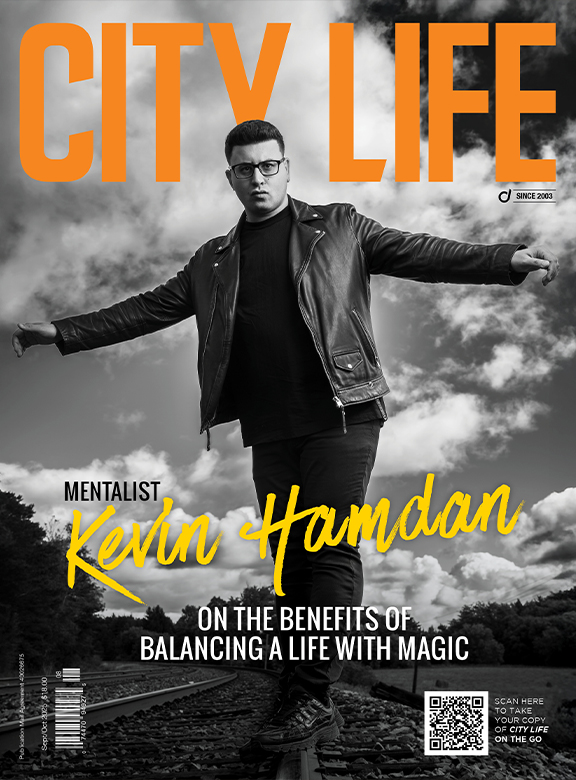
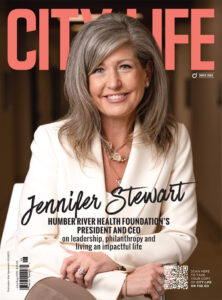








































































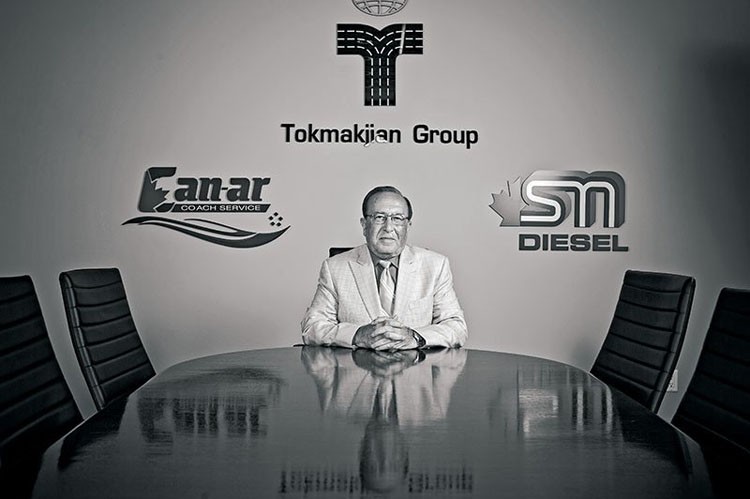
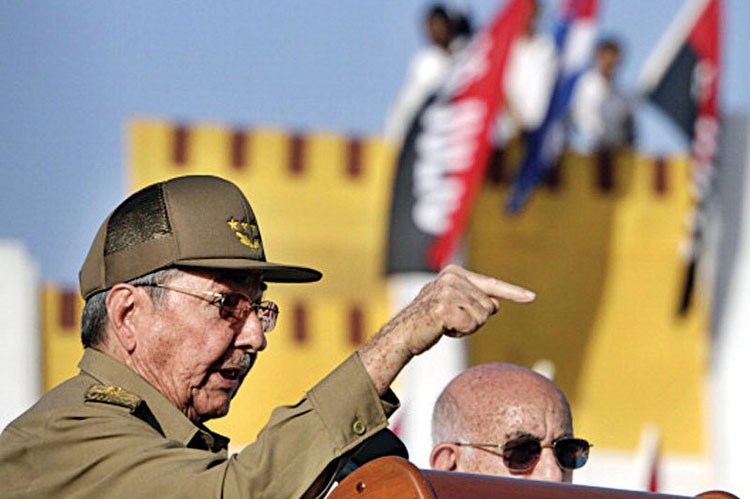
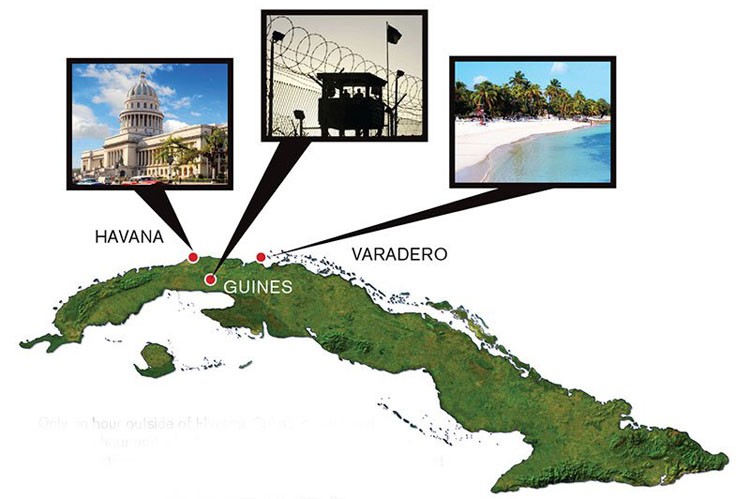
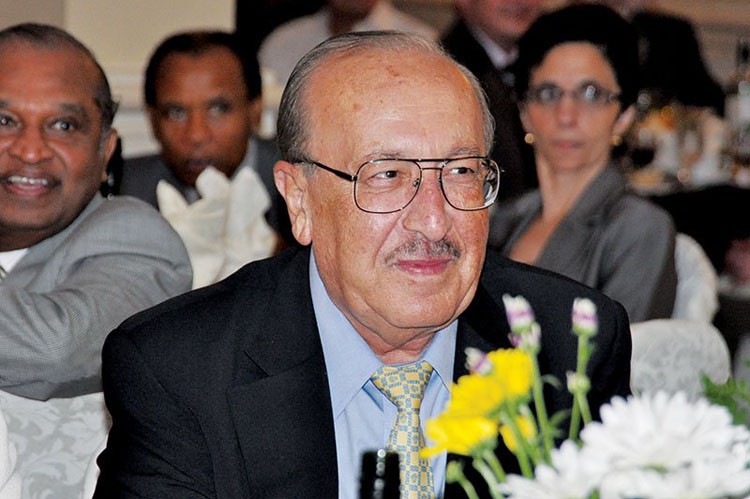
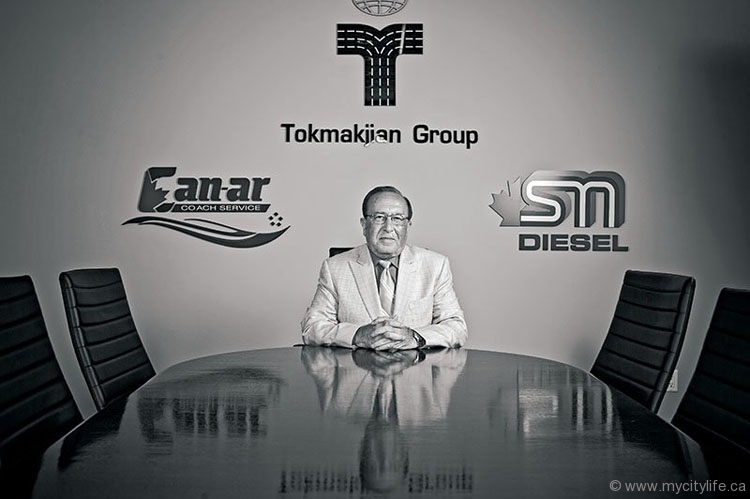


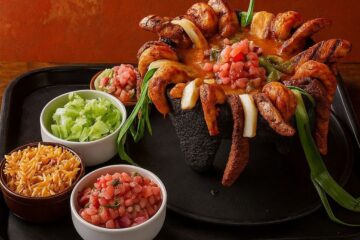



1 Comment
My name is Jean Louis AUTRET, named in your paper… I was the first businessman arrested by the “new” Raul’s team in 2009 … After 10 days of investigation initiated by french administration, they knew that i was completely clear of charge as the french justice did it… But at the same time they discovered that they cannot go back, because in this case they will create doubt in the regime justice and police, and also that they can make a lot of money arresting foreigners businessman… first seizing asset, second putting their own men in charge of the part of market liberated by your imprisonment. After me it’s dozen of business men who were arrested… And that’s true that all these business men were closer than Fidel administration than Raul’s… with a long experience in the island. They cleaned part of the market and gave it to their “friends”.
Cuba new rule come directly from their Mentor (Ex East Germany-DDR) :” If exist a doubt, you are guilty! if you are arrested, you are condemned!”
I spent 5 years in the hell of “La Condessa”, and one year with Cy, we spoke a lot about the reason, and how could we be so blind, our error was to not see the change between Fidel and Raul… look like same but there are huge differences… Fidel was ethic, moral… He controlled personally all the file. Raul gave huge power to police and security department, completely incompetent in economy and free of any ethic! Bad faith, incompetence and no control create absurd, ridiculous theater trail!
Is Raul really aware of the this level of incompetence and bad faith? does he really know that cuban investigation departments are so “miserable”? does he gave, order to steal for the revolution (or some people?) or just gave power to the wrong people without control? does he effectively control or not, because too much confident? does he really drive the country or just playing with a steering wheel reading synthesis with a blind confidence in his teams?
Strategy of changing team to their own, seizing assets… Cuba now is really dangerous place for business… You can be arrested for any reason, and if no reason they will create!
Cy is and incredible human being, with a strong health an character, but he is 74, and Canada NEED to move to bring him home… for his family, for the respect of canadian citizen abroad and particularly in a country which received so much canadians. Only the economic pressure touch the new cuban administration; that’s “The” new value of the Cuban revolution… and it’s heart because, Cy like me, really, sincerely, loved this country, this people and some of their realization and we were proud of our work.
Personally i was sustained by a 8000 members committee, and up to this, by politics of both side, at the highest level, and an incredible embassy team… My country knew that I was innocent and never forget me … and now i am back home.
Cy doen’t deserve that, at any moment, HELP HIM, Move your people, move your politics… An honest CANADIAN BUSINESS MAN, a family man, a friend is in danger… and you Canadian have the key of his jail , it’s a problem of determination.
Just do it !
Jean Louis AUTRET
PS sorry for my “poor” english…